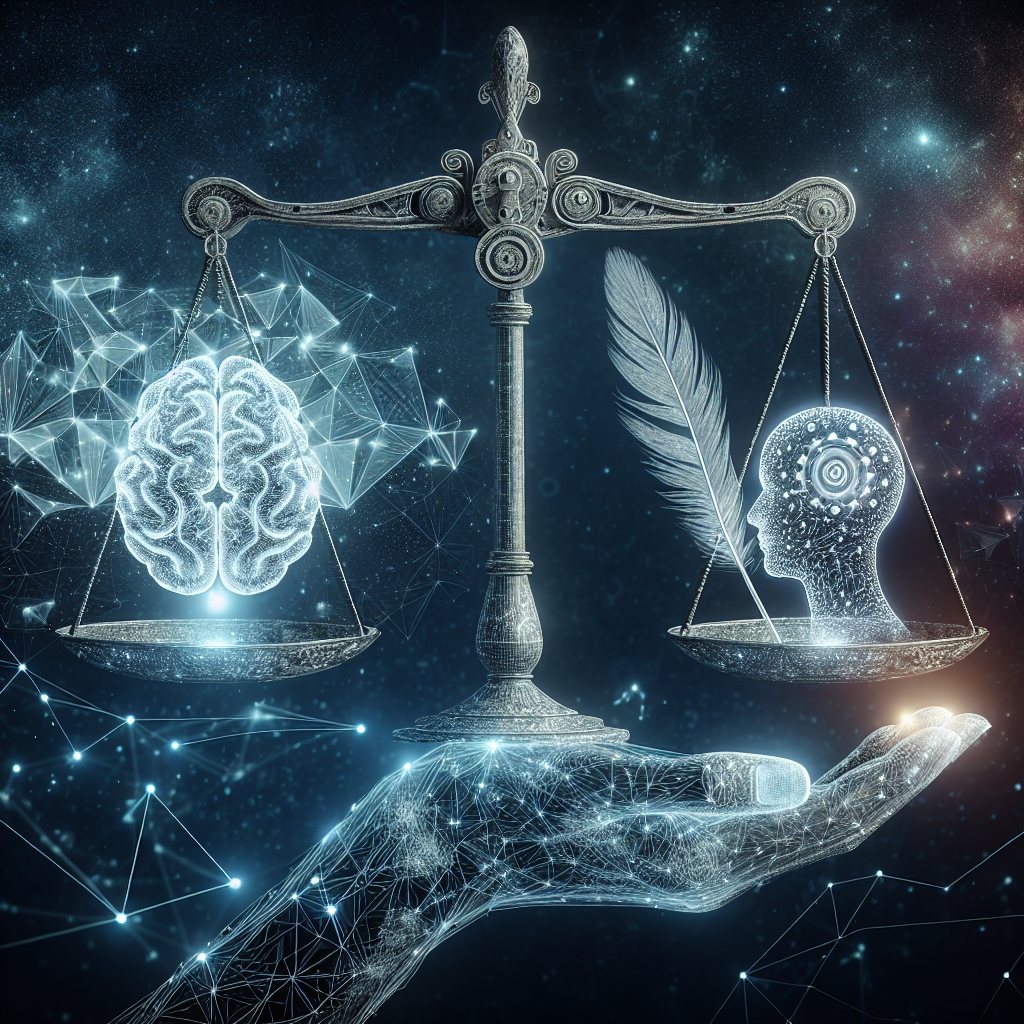Navigating the Ethics of Artificial Intelligence: Balancing Innovation and Responsibility
Artificial intelligence (AI) has become a powerful tool that is transforming industries and reshaping how we interact with technology. From self-driving cars to voice assistants, AI has the potential to revolutionize the way we live and work. However, with this great power comes great responsibility. Navigating the ethics of AI is a complex and challenging task that requires careful consideration and thoughtful decision-making.
One of the key ethical issues surrounding AI is the potential for bias and discrimination. AI algorithms are only as good as the data they are trained on, and if that data is biased or flawed, it can lead to unfair outcomes. For example, facial recognition technology has been found to have higher error rates for people of color, leading to potential discrimination in law enforcement and other applications.
Another ethical concern is the impact of AI on jobs and the economy. As AI becomes more advanced, there is a fear that it will automate jobs and displace workers, leading to economic inequality and social unrest. It is important for companies and policymakers to consider the implications of AI on society and work towards solutions that ensure a fair and inclusive future for all.
In addition to bias and job displacement, there are also concerns about the potential misuse of AI technology. From autonomous weapons to deepfakes, there are numerous ways in which AI can be used for malicious purposes. It is crucial for companies and governments to establish clear guidelines and regulations to prevent the misuse of AI and protect against potential harm.
Despite these challenges, there is also great potential for AI to be a force for good. AI has the power to improve healthcare, optimize transportation systems, and enhance productivity in numerous industries. By balancing innovation with responsibility, we can harness the full potential of AI while mitigating its risks.
One way to navigate the ethics of AI is through the development of ethical frameworks and guidelines. Companies and organizations should establish clear principles for the design, development, and deployment of AI systems, ensuring that they are transparent, accountable, and fair. By adhering to ethical standards, we can build trust with users and stakeholders and ensure that AI is used for the benefit of all.
In conclusion, navigating the ethics of artificial intelligence requires a delicate balance between innovation and responsibility. By addressing issues of bias, job displacement, and misuse, we can harness the full potential of AI while ensuring that it is used ethically and responsibly. With careful consideration and thoughtful decision-making, we can create a future where AI enhances our lives and benefits society as a whole.


